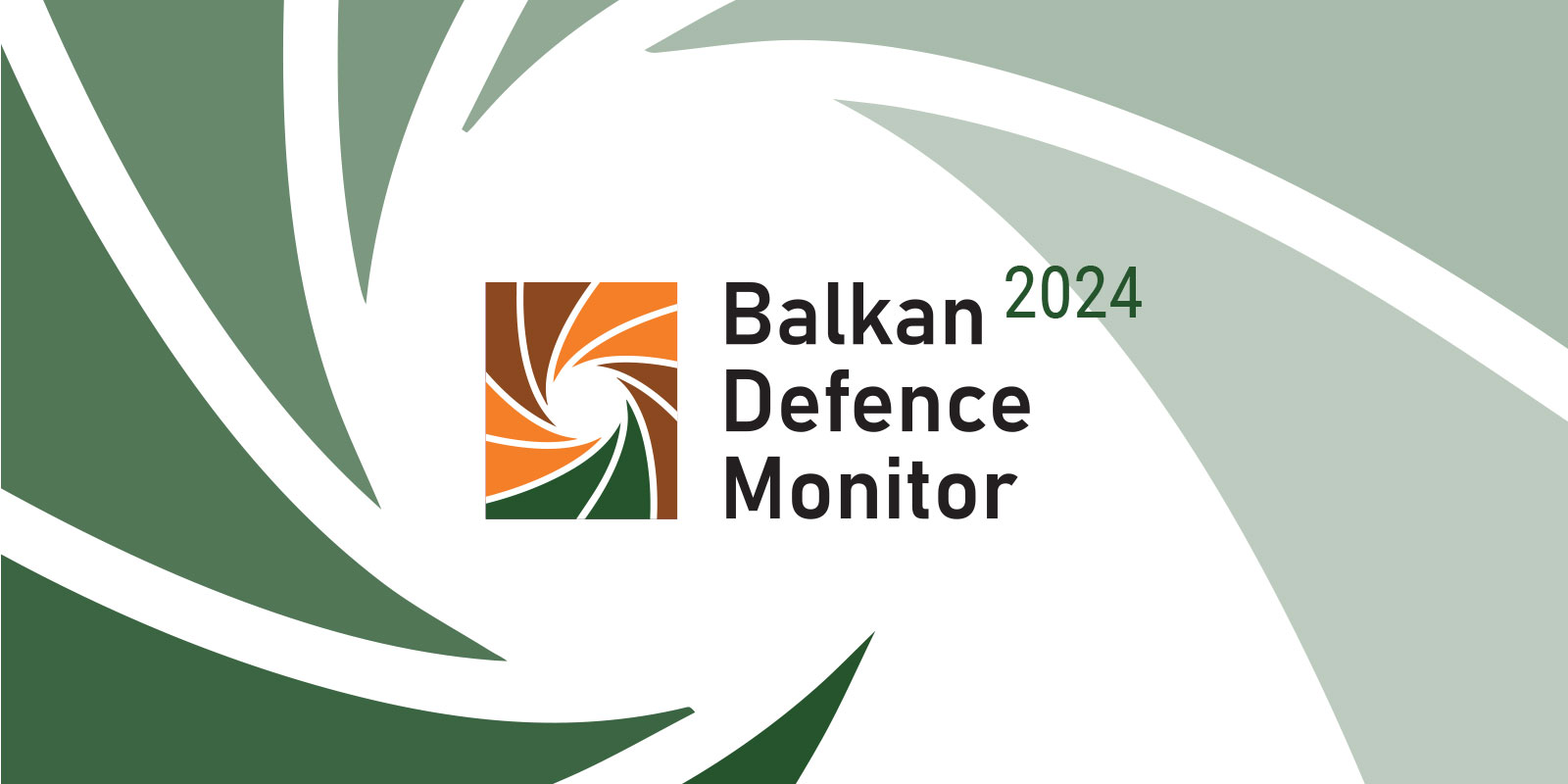PUBLICATION: Working study
International Mechanisms for the Protection of Human Rights Defenders
Which international mechanisms for protection are available to human rights defenders? President of the Committee of Lawyers for Human Rights YUCOM and a member of the Civil Committee for the Protection of Human Rights Defenders and Whistleblowers Katarina Golubović offers the answer to this question in the working study.
This guidebook serves activists to recognise themselves as human rights defenders, to find out what minimum rights of defenders are guaranteed at the international level, and to obtain information on the addresses and ways in which the international community provides them with support and protection.
The person who acts in accordance with human rights and the public interest makes a positive contribution to the development of his or her environment. This environment can be closely linked to personal activities (e.g. work environment in different areas) and can affect the life of the entire society or individual groups (e.g. the environment or the institutional and legal system of the state). As a rule, impact on the wider environment is made by joining forces, through informal groups or associations.
The importance of such people has been recognised at the international level, and they are now called Human Rights Defenders. This was necessary because the defenders’ actions are often opposed to the illegitimate interests of strong actors. Therefore, they need strong institutional support. When strong institutional support and protection is lacking at home, that is, on the national level, protection must be sought outside the borders of the country, within regional and international organisations and the community. On a universal level, concrete mechanisms for the protection of human rights defenders were developed at the beginning of the 21st century. The Declaration on Human Rights Defenders, adopted by the United Nations General Assembly in 1998, became the basis for the development of a protection mechanism at the level of the United Nations, but also of regional organisations of the OSCE, the Council of Europe and the European Union. This setting is very important because the Declaration lays the foundation for answers to the questions of who human rights defenders are (defines the term ‘human rights defenders’), what their rights are, and from whose attacks they must be protected.
This article is part of a joint effort by the Centre for Research, Transparency and Accountability (CRTA), the National Coalition for Decentralisation (NKD), the Belgrade Centre for Security Policy (BCSP) and Partners for Democratic Change to encourage greater citizen participation in decision-making through the “Citizens Have Power” project, supported by the United States Agency for International Development (USAID). The views expressed in this article are solely those of the authors and do not necessarily reflect those of USAID.
Tags: activism, Human Rights Defenders
DETAILS
AUTHORS
SHARE
PDF PREVIEW
RELATED

Date: 26.03.2025.
Author: Isidora Stakić |
Human rights defenders are people who act, individually or jointly, to advance human rights and fundamental freedoms and fight for their protection at the local, national and international levels.

Date: 13.06.2024.
Author: Jelena Pejić Nikić | Predrag Petrović |
There are many findings of domestic and foreign research organisations that unequivocally indicate that Serbia is a captured state, with a hybrid political regime. Security institutions play a major role in the capture of the state and the collapse of democracy in Serbia, as well as in preserving the situation the way it is.

Date: 27.02.2024.
Author: Belgrade Centre for Security Policy |
We present you the new Balkan Defence Monitor - independent and comprehensive source of information regarding defence topics in the region.



